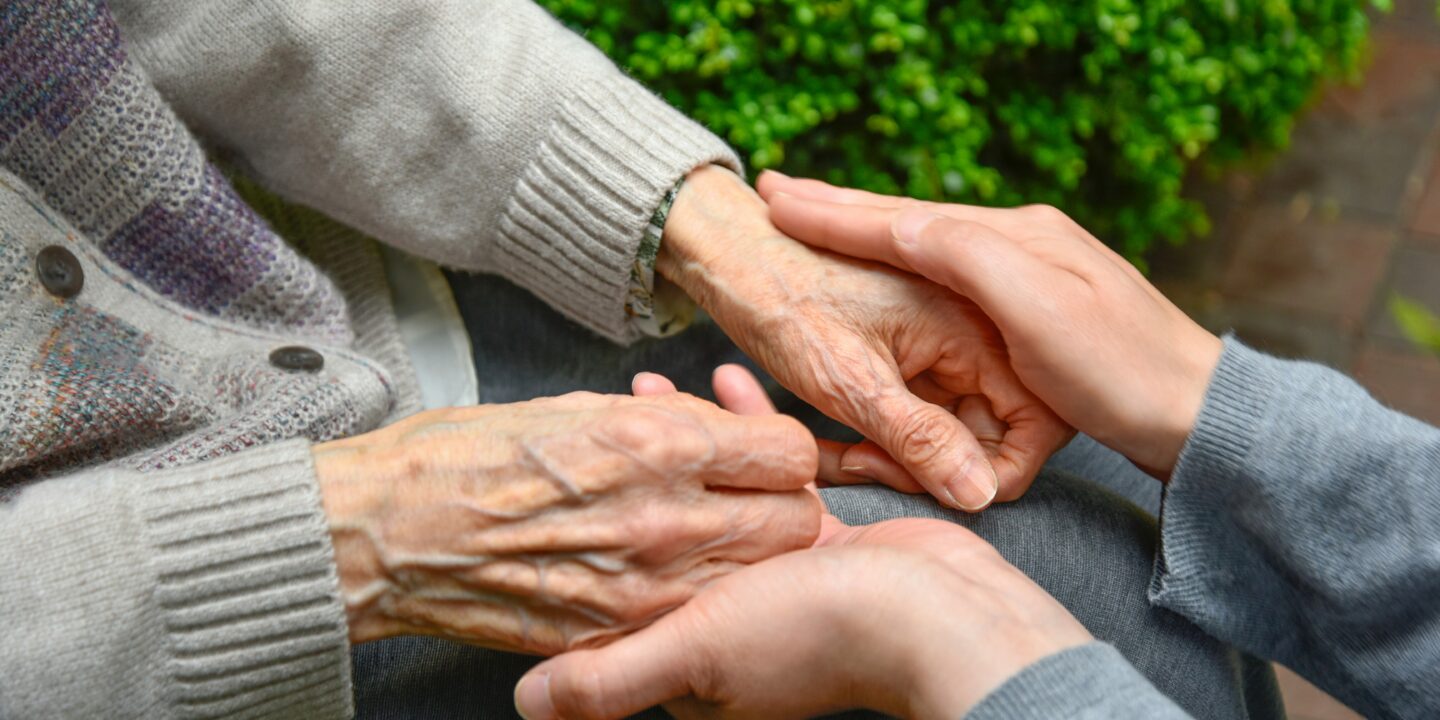New research suggests targeting ‘sleeping’ breast cancer cells may prevent recurrence
Researchers have discovered how breast cancer cells can ‘hibernate’ and ‘wake up’ years later – causing a relapse that is harder to treat, even decades after surgery.
This research, published in the journal Cancer Discovery, highlights that epigenetics may control how cancer cells can become dormant, and suggests a strategy to target these dormant cells before they wake up.
Epigenetic changes do not alter your DNA sequence, but rather change how the body reads your DNA sequence.
Scientists at the Insititute of Cancer Research believe that targeting and inhibiting an enzyme, called G9a, from acting on the cancer cells, prevents cells from becoming dormant and allows this treatment to kill hibernated cancer cells.
Patients with oestrogen receptor-positive (ER+) breast cancer, make up 80% of all breast cancers.
According to researchers, up to 50% of patients who receive adjuvant endocrine therapies relapse even decades after surgery, likely due to dormant cells.
The research findings may support future treatment plans to prevent breast cancer recurrence.
There are approximately 35,000 people living with a diagnosis of secondary breast cancer in the UK. Nearly 1,000 people every single month do not survive breast cancer, almost all of which are linked to secondary breast cancer, Breast Cancer Now said.
According to Cancer Research UK, in females in the UK, breast cancer is the 2nd most common cause of cancer death, with around 11,400 deaths every year (2017 – 2019).
Breast cancers most commonly recur in the first 2-3 years after primary diagnosis. However, breast cancer may recur many years afterwards. It’s important for primary care professionals to be aware that no patient is risk-free of recurrence.
Low risk does not mean no risk.
Luca Magnani, professor of epigenetic plasticity at The Institute of Cancer Research, London, said "We wanted to better understand why breast cancer does return so we can hopefully find ways to stop it - so people don't have to live in fear or face the devastating news of a relapse."
"Our research identified a key mechanism used by cancer cells to evade therapy by remaining in a dormant state, hibernating before they 'wake up' years later and begin to rapidly divide again."
Dr Tayyaba Jiwani, science engagement manager at Cancer Research UK - which funded the research and a donation from the late Douglas Longden, said: "Breast cancer survival has doubled in the UK over the last 50 years thanks to better detection and screening, but there are still more than 11,000 deaths from this type of cancer every year.”




